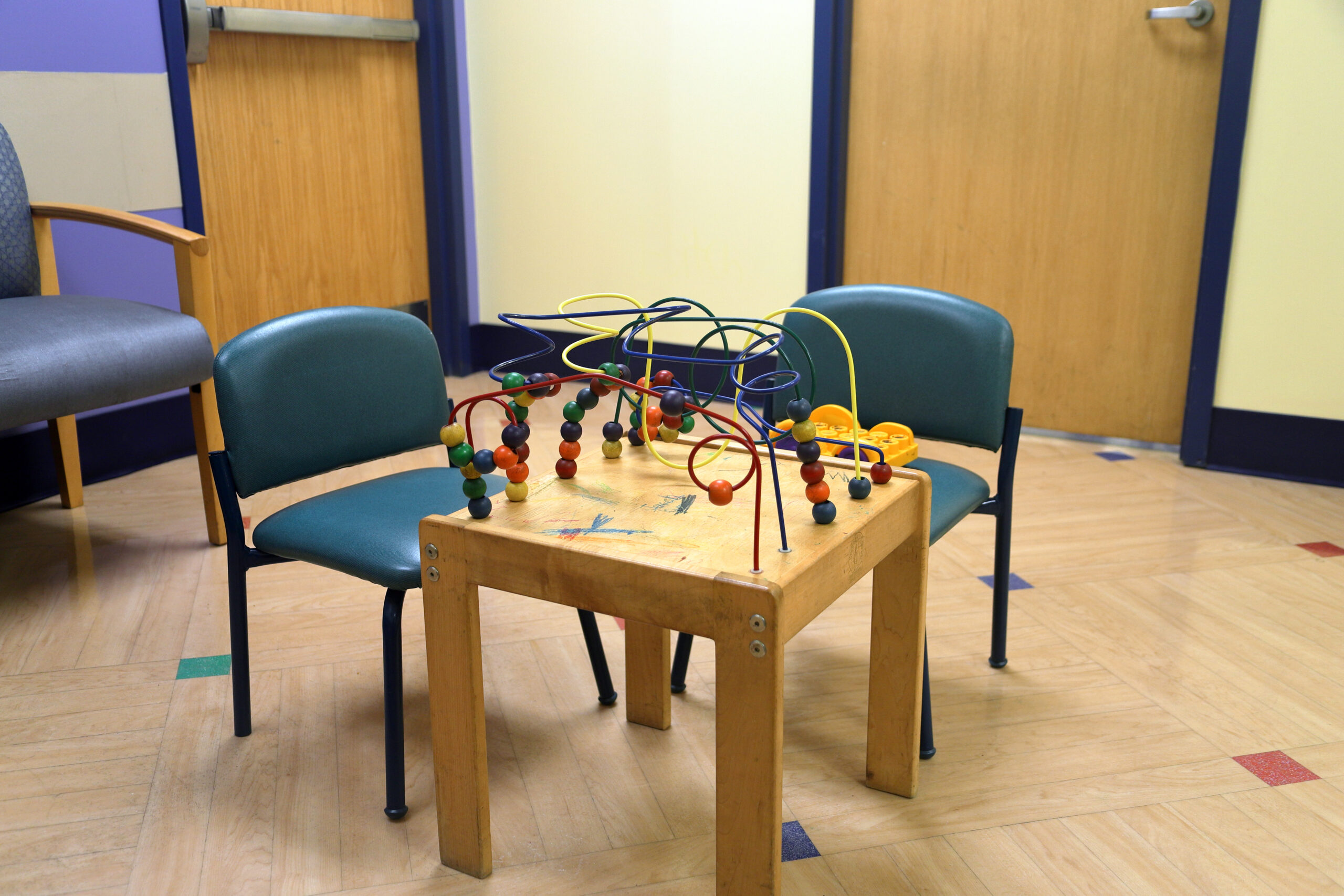Videos
Agenda
Session 1: COVID-19: What did we get right and what did we get wrong?
Presentations From:
LUNCH
Session 2: How do we reduce the risk of another pandemic, and also prepare for another?
Presentations From:
Speakers
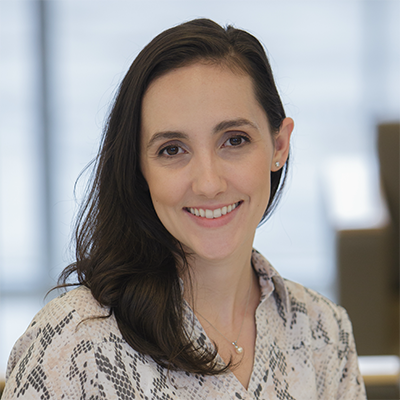
Natalie Dean
@nataliexdean
Assistant Professor, Department of Biostatistics, Rollins School of Public Health, Emory University
Dr. Natalie Dean (CAS’09) is an Assistant Professor in the Department of Biostatistics and Bioinformatics and in the Department of Epidemiology at Emory’s Rollins School of Public Health. She received her PhD in Biostatistics from Harvard University, and previously worked as a consultant for the WHO’s HIV Department and as faculty at the University of Florida. Her primary research area is infectious disease epidemiology and study design, with a focus on developing innovative trial and observational study designs for evaluating vaccines during public health emergencies. She has previously worked on Ebola, Zika, dengue, chikungunya, and now COVID-19. She received the 2020 Provost Excellence Award for Assistant Professors at University of Florida. In addition to research, she has been active in public engagement during the COVID-19 pandemic. She is verified on Twitter with over 120k followers and has authored pieces in outlets such as the Washington Post, New York Times, and Stat News. Dr. Dean is also a proud alum of Boston University, receiving her bachelors in Biology and Mathematics/Statistics from the College of Arts and Sciences.
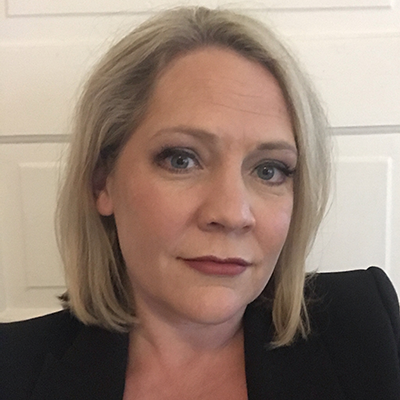
Angela Rasmussen
@angie_rasmussen
Research Scientist, Vaccine and Infectious Disease Organization, University of Saskatchewan
Dr. Angela (Angie) Rasmussen, PhD is a virologist at the Vaccine and Infectious Disease Organization (VIDO) at the University of Saskatchewan. Her research focuses on the role of the host response in viral pathogenesis, with a particular interest in emerging viruses that are or have the potential to be major threats to global health, such as avian influenza, dengue virus, Ebola virus, MERS-CoV, and SARS-CoV-2. Her work combines classical experimental virology and animal models with systems biology approaches to study the global response to infection and how that contributes to pathogenesis or protection from emerging pathogens.
Dr. Rasmussen graduated from Smith College with a BA in Biological Sciences (2000) and received a MA (2005), MPhil (2006), and PhD (2009) in Microbiology and Immunology from Columbia University. She did her postdoctoral fellowship at the University of Washington and previously held faculty positions at the University of Washington and the Columbia Mailman School of Public Health. In addition to her primary appointment at VIDO, Angie is also affiliated with the Georgetown Center for Global Health Science and Security. She is a member of the Verena Consortium, a multi-disciplinary, international effort to predict and study emerging viral pathogens, as well as the Communications Director for the CoVaRR-Net research consortium. She is also a member of the WHO Ad Hoc Expert Committee for Preclinical Models of COVID-19 and sits on the Editorial Boards at Vaccine, mSphere, and Cell Reports.
In addition to her research, Dr. Rasmussen is a prolific science communicator on both social media and in the mainstream press, as well as a writer for numerous publications including Forbes, Leaps.org, Slate, Foreign Affairs, the Washington Post, and the New York Times. She is passionate about advocating for equity in biomedical research and public health, and is a member of the US NIH Advisory Committee to the Director Working Group on Changing the Culture to End Sexual Harassment, as well as a faculty mentor for the volunteer science education group Wearing is Caring. She believes strongly that biosecurity and global public health must be collaborative international efforts and is eager to extend this outreach work in Canada and abroad.
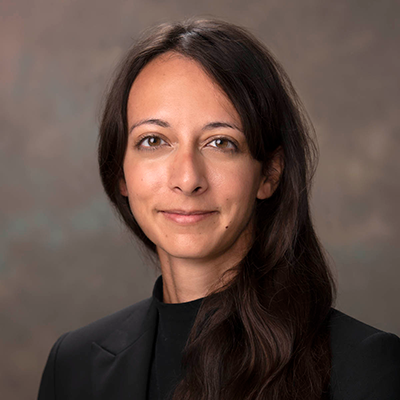
Maria Sundaram
@mariasundaram
Associate Research Scientist, Center for Clinical Epidemiology and Population Health, Marshfield Clinic Research Institute
Maria Sundaram, MSPH, PhD is an infectious disease epidemiologist and Associate Research Scientist in the Center for Clinical Epidemiology and Population Health at the Marshfield Clinic Research Institute. Her research focuses on respiratory viruses and the vaccines that prevent them, as well as vaccine promotion and policy. Her research has included estimating influenza vaccine effectiveness with the CDC-based US Influenza Vaccine Effectiveness Network, and describing the epidemiology of RSV in young children and older adults in rural areas. More recently, her research showed COVID-19 testing inequities had the potential to create bias in COVID-19 vaccine effectiveness estimates. She is also a weekly guest expert on the BBC World Service’s radio program Outside Source, where she answers listener questions about SARS-CoV-2, COVID-19, and vaccines.
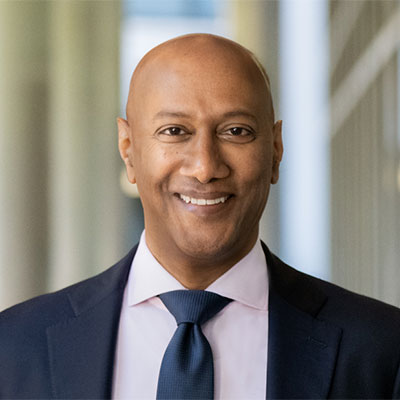
Rajeev Venkayya
@rvenkayya
Chief Executive Officer, Aerium Therapeutics; Board Member, Coalition for Epidemic Preparedness Innovations (CEPI)
Dr. Rajeev Venkayya is the CEO of Aerium Therapeutics, a venture-backed co. developing therapeutics against SARS-CoV-2 and other viruses with pandemic potential. He was the President of the Global Vaccine Business Unit at Takeda Pharmaceutical Company Ltd, a position he held until February 2022, where he led a vertically-integrated business developing vaccines for dengue and Zika. He also oversaw partnerships with the Japanese Government to supply COVID-19 and pandemic influenza vaccines.
Dr. Venkayya serves as an independent member of the board of the Coalition for Epidemic Preparedness Innovations and the International AIDS Vaccine Initiative (IAVI) and is a life member of the Council on Foreign Relations. While at Takeda, he served as a member of the National Institutes of Health (NIH) Accelerating COVID-19 Therapeutic Interventions and Vaccines (ACTIV) Leadership Team, a public-private partnership to prioritize and speed development of the most promising treatments and vaccines.
Prior to joining Takeda, Venkayya served as director of Vaccine Delivery at the Bill and Melinda Gates Foundation’s Global Health Program and served on the board of Gavi, the Vaccine Alliance. Before that, he was special assistant to the president for Biodefense at the White House. In this capacity, he oversaw US preparedness for bioterrorism and biological threats and was responsible for the development and implementation of the National Strategy for Pandemic Influenza. Venkayya trained in pulmonary and critical care medicine at the University of California, San Francisco, where he also served on the faculty. He was resident and chief medical resident in internal medicine at the University of Michigan.

Nahid Bhadelia
@BhadeliaMD
Director, Boston University Center for Emerging Infectious Diseases Policy and Research; Associate Director, National Emerging Infectious Diseases Laboratories
Dr. Bhadelia is the founding director of BU Center for Emerging Infectious Diseases Policy and Research and an associate director of the National Emerging Infectious Diseases Laboratories (NEIDL), a state-of-the-art maximum containment research facility at BU. She is a board-certified infectious diseases physician and an internationally recognized leader in highly communicable and emerging infectious diseases (EIDs) with clinical, field, academic, and policy experience in pandemic preparedness and response.
Over the last decade, Dr. Bhadelia designed and served as the medical director of the Special Pathogens Unit (SPU), a medical unit designed to care for patients with highly communicable diseases, and a state designated Ebola Treatment Center. She has prior and ongoing experience in health system response to pathogens such as H1N1, Zika, Lassa fever, Marburg virus disease, and COVID-19 at the state, national, and global levels, including medical countermeasure evaluation, diagnostic positioning, infection control policy development, and healthcare worker training. Dr. Bhadelia serves on state, national, and interagency groups focused on biodefense priority setting, development of clinical care guidelines, and medical countermeasures research. She has served as a subject matter expert to the US Centers for Disease Control and Prevention, Department of Defense (DoD), and World Bank.

Krutika Kuppalli
@KrutikaKuppalli
Medical Officer for COVID-19 Health Operations in the Department of Epidemic and Pandemic Preparedness and Prevention in the Health Emergencies Program, World Health Organization
Krutika Kuppalli, MD, FIDSA is a Medical Officer for COVID-19 Health Operations in the Department of Epidemic and Pandemic Preparedness and Prevention in the Health Emergencies Program at the World Health Organization. She completed her Internal Medicine residency and Infectious Diseases fellowship at Emory University, a Post-Doctoral Fellowship in Global Public Health at the University of California, San Diego and was an Emerging Leader in Biosecurity Fellow at the Johns Hopkins Center for Health Security. Dr. Kuppalli currently serves on the American Society of Tropical Medicine and Hygiene (ASTMH) Trainee Committee and is the Chair of the Infectious Diseases Society of America (IDSA) Global Health Committee.
Dr. Kuppalli was previously a Fogarty International Clinical Research Fellow and conducted research in Southern India to understand barriers to care and how emerging infections impacted individuals living with HIV/AIDS. She was the medical director of a large Ebola Treatment Unit in Sierra Leone during the 2014 West Africa Ebola outbreak, helped lead the development and implementation of pandemic response preparedness activities in resource limited settings, and has consulted on the development of therapeutics for emerging pathogens. Her clinical and research interests focus on health systems strengthening in resource limited settings, research and clinical care for emerging infections, outbreak preparedness and response, and policy. She has worked in Ethiopia, India, Sierra Leone, Uganda, and Haiti.
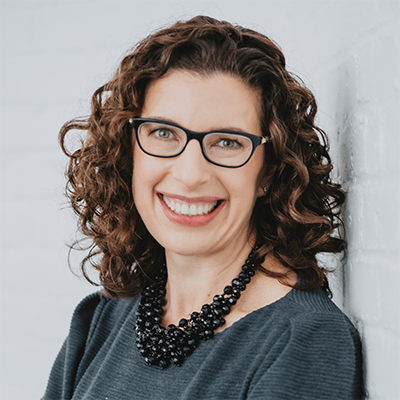
Megan Ranney
@@meganranney
Professor of Emergency Medicine, Alpert Medical School; Academic Dean, School of Public Health; Brown University
Dr. Ranney is an emergency physician, researcher, and national advocate for innovative approaches to public health. She holds the Warren Alpert Endowed Professor of Emergency Medicine at Alpert Medical School of Brown University and is Founding Director of the Brown-Lifespan Center for Digital Health. She is also the Academic Dean at the School of Public Health at Brown University.
Dr. Ranney’s research focus is on developing, testing, and disseminating digital health interventions to prevent violence and mental illness. She has had continuous external funding from federal and foundation grants for over a decade, with over 130 peer-reviewed publications. She serves multiple national leadership roles, including co-founder and Senior Strategic Advisor for AFFIRM at the Aspen Institute (http://www.affirmresearch.org), a non-profit committed to ending the gun violence epidemic through a non-partisan public health approach, and President of the Board of GetUsPPE.org, a start-up non-profit that delivered donated personal protective equipment to those who needed it most. She is a Fellow of the fifth class of the Aspen Institute’s Health Innovators Fellowship Program and a member of the Aspen Global Leadership Network. She has received numerous awards for technology innovation, public health, and research, including Rhode Island “Woman of the Year” and the American College of Emergency Physicians’ Policy Pioneer Award. She is also a frequent media commentator on outlets ranging from the BBC to CNN to the New York Times.
Dr. Ranney earned her bachelor’s degree in History of Science, graduating summa cum laude, from Harvard University; her medical doctorate, graduating Alpha Omega Alpha, from Columbia University; and her master’s in public health from Brown University. She completed her residency in Emergency Medicine and a fellowship in Injury Prevention Research at Brown University. She was previously a Peace Corps Volunteer in Cote d’Ivoire. She lives in Rhode Island with her husband and two children.
She is active on Twitter @meganranney.

Jeffrey Shaman
Professor, Department of Environmental Health Sciences and Director of the Climate and Health Program at the Columbia University Mailman School of Public Health
Jeffrey Shaman is a Professor in the Department of Environmental Health Sciences and Director of the Climate and Health Program at the Columbia University Mailman School of Public Health. He studies the survival, transmission and ecology of infectious agents, including the effects of meteorological and hydrological conditions on these processes. Work-to-date has primarily focused on mosquito-borne and respiratory pathogens. He uses mathematical and statistical models to describe, understand, and forecast the transmission dynamics of these disease systems, and to investigate the broader effects of climate and weather on human health.
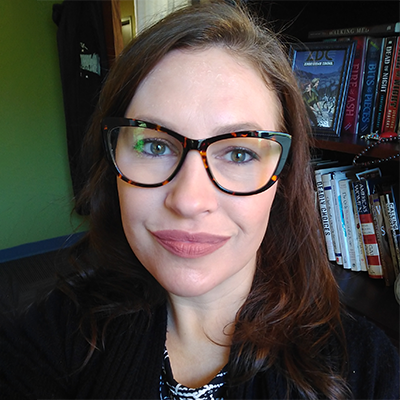
Tara Smith
@aetiology
Professor of Epidemiology, Kent State University College of Public Health
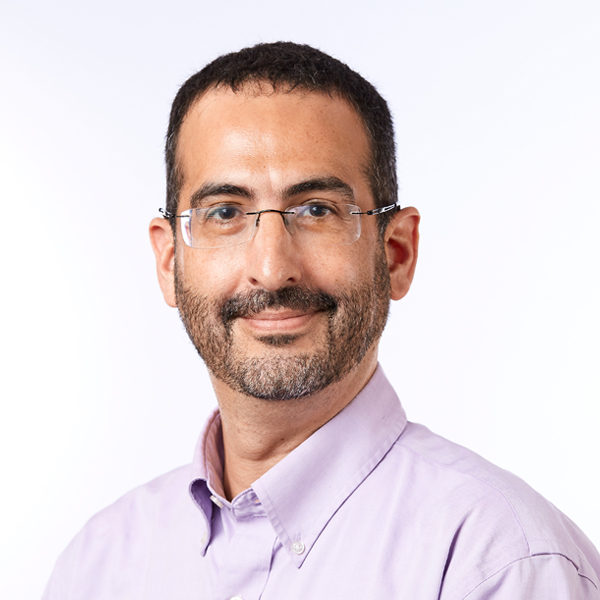
Matthew Fox
@ProfMattFox
(SPH'02,'07),Professor in the Departments of Epidemiology and Global Health, Boston University School of Public Health
Matthew Fox, (SPH’02,’07) DSc, MPH, is a Professor in the Departments of Epidemiology and Global Health at Boston University. Dr. Fox joined Boston University in 2001. His research interests include treatment outcomes in HIV-treatment programs, infectious disease epidemiology (with specific interests in HIV and pneumonia), and epidemiologic methods. Dr. Fox works on ways to improve retention in HIV-care programs in South Africa from the time of testing HIV-positive through long-term treatment. As part of this work, he is involved in analyses to assess the impact of changes in South Africa’s National Treatment Guidelines for HIV. Dr. Fox also does research on quantitative bias analysis and co-authored a book on these methods, Applying Quantitative Bias Analysis to Epidemiologic Data (http://www.springer.com/public+health/book/978-0-387-87960-4). He is also the host of a public health journal club podcast called Free Associations designed to help people stay current in the public health literature and think critically about the quality of research studies (https://bit.ly/30fPApj) and a podcast on Epidemiologic Methods called SERious Epi (https://seriousepi.blubrry.net/). He currently teaches a third-level epidemiologic methods class, Advanced Epidemiology as well as two other doctoral level epidemiologic methods courses. Dr. Fox is a graduate of the Boston University School of Public Health with a master’s degree in epidemiology and biostatistics and a doctorate in epidemiology.
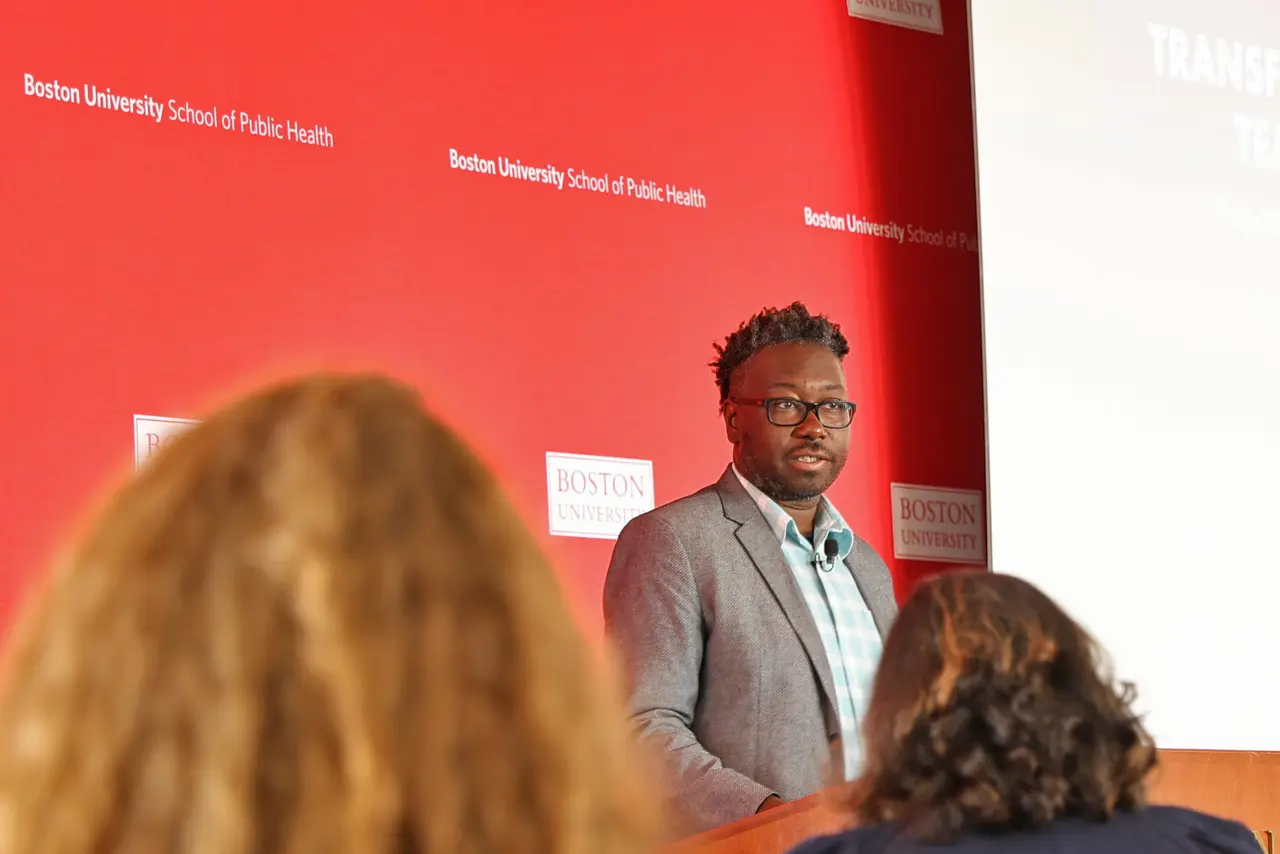
Subscribe to PHC
Get the latest from Boston University School of Public Health

